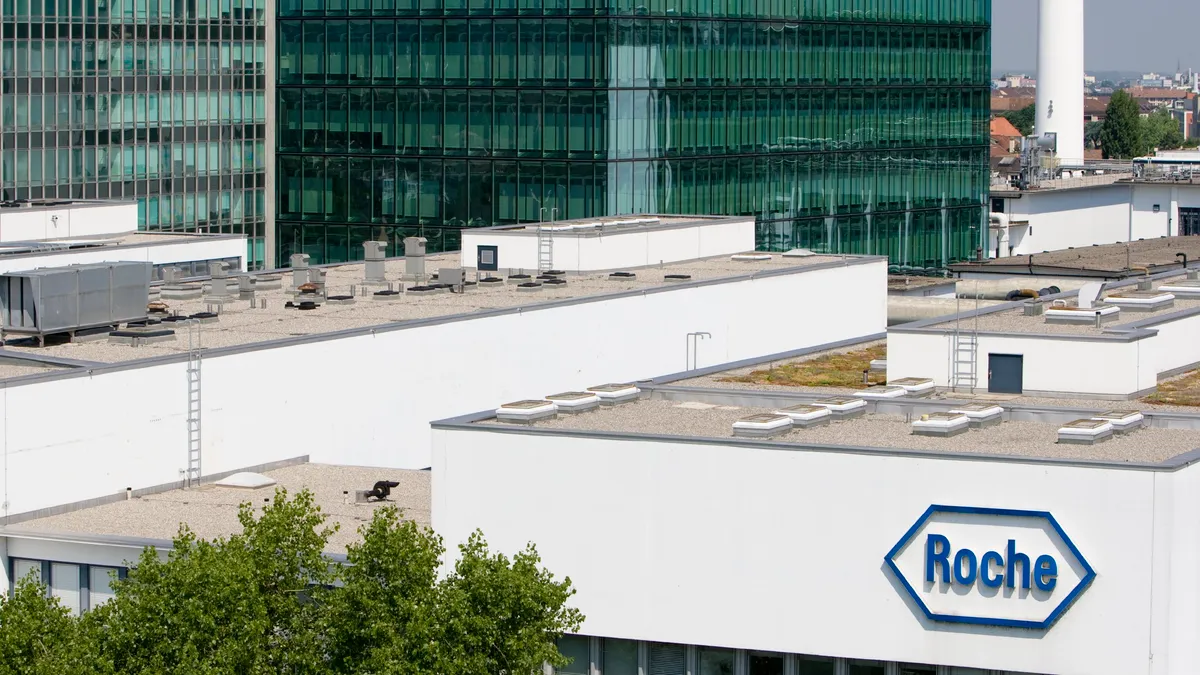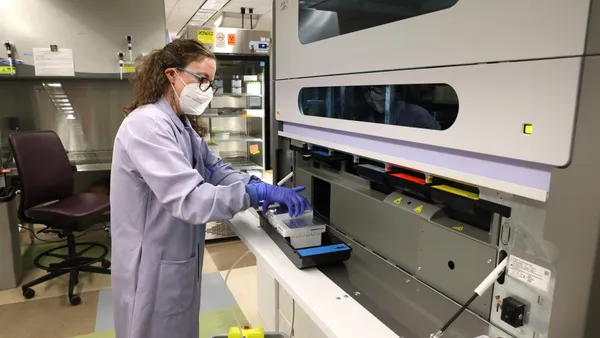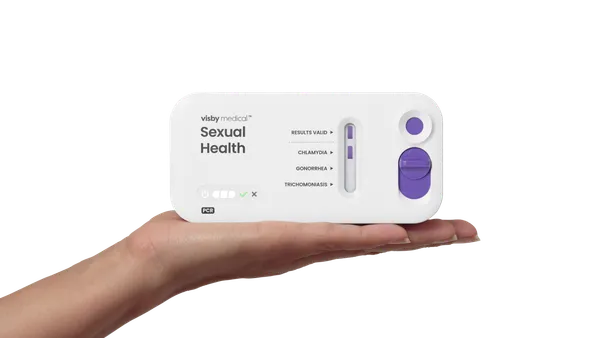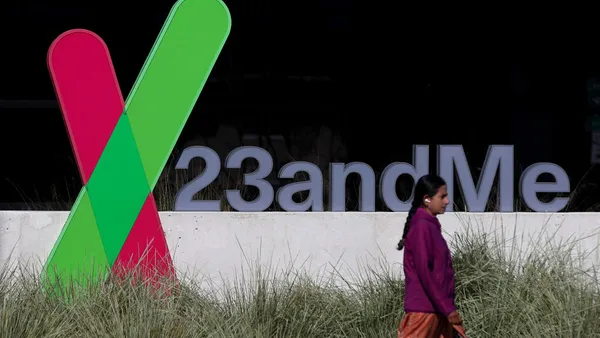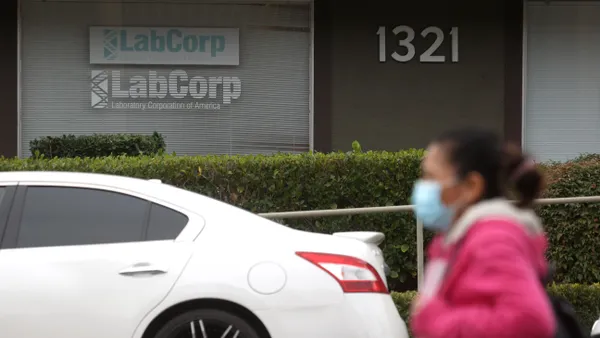Dive Brief:
- FDA authorized a test to detect Methicillin-resistant Staphylococcus aureus for use in the U.S., the agencysaid Thursday.
- The test, which runs on Roche's cobas analyzer system, detects MRSA from nasal swab samples in five hours, compared to up to 48 hours for conventional culture-based methods.
- The agency said the faster turnaround time could help stop the spread of MRSA, a strain the U.S. Centers for Disease Control and Prevention classes as a "serious threat."
Dive Insight:
The CDC estimates around 5% of U.S. hospital patients carry MRSA infections on their skin or in in their nose. In many cases, these carriers will never develop harmful infections with MRSA. However, their carrying of MRSA creates problems for hospitals, which struggle to treat and control outbreaks of the bacterium once they take hold in a facility.
Adoption of stronger infection control measures have enabled U.S. hospitals to reduce the number of MRSA bloodstream infections. However, progress has stalled in recent years, leading CDC to predict the U.S. will fall short of its goal of halving the number of infections from 2015 to 2020.
FDA indicated authorization of Roche's cobas vivoDx MRSA test can help the U.S. get on top of the problem, in large part because it delivers faster results than the chromogenic culture method widely used today.
"Diagnostics that are able to provide accurate results more quickly can offer health care providers an advantage when trying to prevent and contain the spread of resistant bacteria," Tim Stenzel, director of FDA's Office of In Vitro Diagnostics and Radiological Health, said in a statement.
FDA envisages Roche's test being used to identify patients that should be subject to isolation, extra decolonization efforts and other enhanced precautions intended to keep the infection in check.
Roche won authorization for the test on the strength of data showing it rightly detected MRSA in around 90% of samples in which the bacterium was present. The test also correctly identified almost 99% of samples that were free from MRSA, resulting in high enough sensitivity and specificity to support the FDA go-ahead.
The regulatory decision comes shortly after Luminex received 510(k) clearance for its ARIES MRSA Assay. Earlier in the year, FDA granted 510(k) clearance to another MRSA test from Cepheid.
Ultimate responsibility for carving out a niche for the cobas MRSA test in the face of competition will fall on Thomas Schinecker, who took over as head of Roche's diagnostics unit earlier this year.
Other diagnostics cleared by FDA through the De Novo pathway this year include tests for Zika virus, Ebola virus, HIV Type-1 drug resistance mutations, and joint replacement infections.

